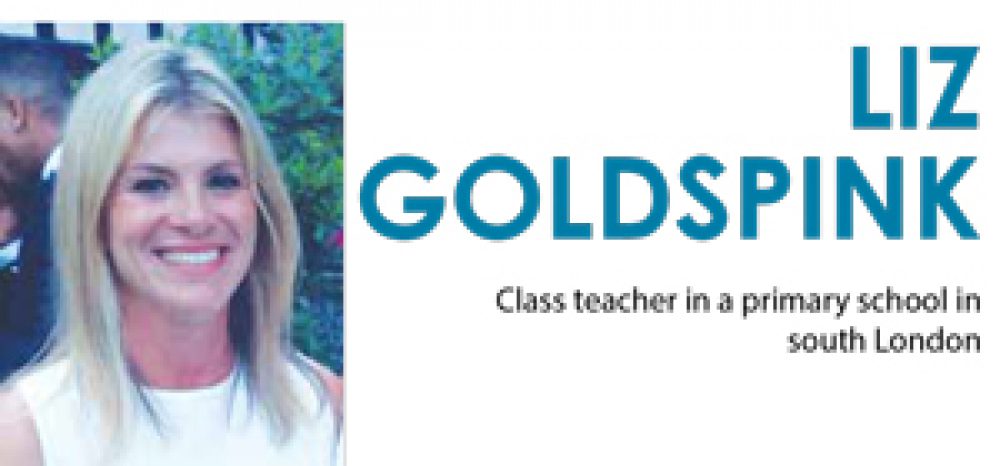Jane Powell: Was the removal of assessment levels a good idea? Yes
There simply hasn’t been enough guidance for schools as to how they can now monitor pupil progress. We have been told that we can’t use traditional levels, as teachers should be given “greater autonomy” over the way students are monitored. However, the lack of structure has created a sense of unease throughout my school, and across the country.
We want to ensure that the children receive a consistent measure of their progress, but consistency is something we are not finding easy to achieve at present. Now that we are at the start of a new academic year, the key will be to ensure that the system we put in place will effectively demonstrate progress, not only for the children and their parents, but also for Ofsted.
Some schools will implement a system based on that of a school in Greenwich, which gives students a mean score rather than a “level” – although when you think about it, it’s not all that far from the traditional levelling system.
A lot of schools will still end up implementing a variation of levels
Others will try to come up with a different method, and still end up implementing a variation of levels. It’s difficult to move away from a system that has been tried and tested for so long, especially when there isn’t a well-established alternative.
There is nothing wrong with reworking a system that was flawed, so long as there is clear and consistent guidance for schools. However, the removal of assessment levels has pulled the carpet from underneath teachers’ feet, leaving us uncertain as to how to monitor pupil progress.
Some schools will undoubtedly struggle with the transition away from levels. I have heard of many that are effectively recycling the traditional levels system under a different guise, which is hardly surprising. Trying to come up with an entirely new system without being given enough support is like stepping out blindfolded.
Students going into secondary school next year will face particular problems. Each one will arrive at their new school with a different understanding of their progress – and the school will have to reassess those students using their own measure of attainment to gauge where they should be placed at the start of school. This is not always going to be effective; there will be plenty of children whose test results on that particular day, for whatever reason, do not match up with their capability, and the staff will not necessarily be able to identify that until later on in the term.
There has been a great deal of pressure on schools recently, with multiple changes to the curriculum, and an emphasis on “raising standards” of both teaching and learning. While I agree we should always be striving to achieve and improve, it is too much to raise the bar without giving us any indication of how high, or how accurately to measure it.
Ultimately, we are aiming for a clear progression in pupil attainment. However, clarity is precisely what is missing from this transition. Neither the teachers, the parents or the pupils themselves understand what it is they are being measured against, which could have serious repercussions on the pupils’ motivation and academic direction in the long term.
The argument that traditional levels were too complicated for parents to understand may indeed be the case, but what are levels being replaced with that are so much simpler? I’m not convinced that we’re going to resolve this issue nationally by devising new and varied methods of assessment. I think we’ll just be causing more confusion.
The removal of assessment levels was implemented with good intentions, and I have no doubt that if a school can find a system that works for them, then it could indeed be an improvement. However, scrapping the old system with no structure to replace it seems ill thought-through. Everyone will be watching come July to see the final results – just don’t ask me to grade them.







We need to teach children what they need to know next.
We need to inform parents how well their child understands their learning , do they need support, more practise, can they apply.
We need to recapture our confidence in our professional judgements and keep it simple and real, demonstrating to the powers that be we as teachers are able to be accountable for our work without the need to be micro-managed.
We have the opportunity and the tools to prove ourselves and embed assessment into the heart of our planning and teaching without referring to children as numbers; where else in life to you get called a 2A, 3B etc!
This is an exciting time, where we can take advantage of political interference to make something good, it may take some time, but collaborating, sharing and simply teaching kids what they need to know next, to be all round, equipped and decent human beings, is the fire at the heart of teaching.
Your final point about not grading them is an interesting one because that’s exactly what teachers have been doing up until now. They have submitted teacher assessments, and all too often these contradicted the test result. And here lies one of the big problems with levels: they were generated by a number of methods that produced conflicting results. There was just too much inconsistency in our various approaches to levelling yet we continued to believe we could use them for any form of assessment. Add to that the labelling of children, ceilings to learning and classroom hierarchies they created, not to mention the undue focus on pace, and you have deeply flawed system. Hopefully we will no longer have the granular detail of assessment overwritten by arbitrary numbers that tell us nothing of what a pupil can and cannot do. I for one am happy to see the back of them.